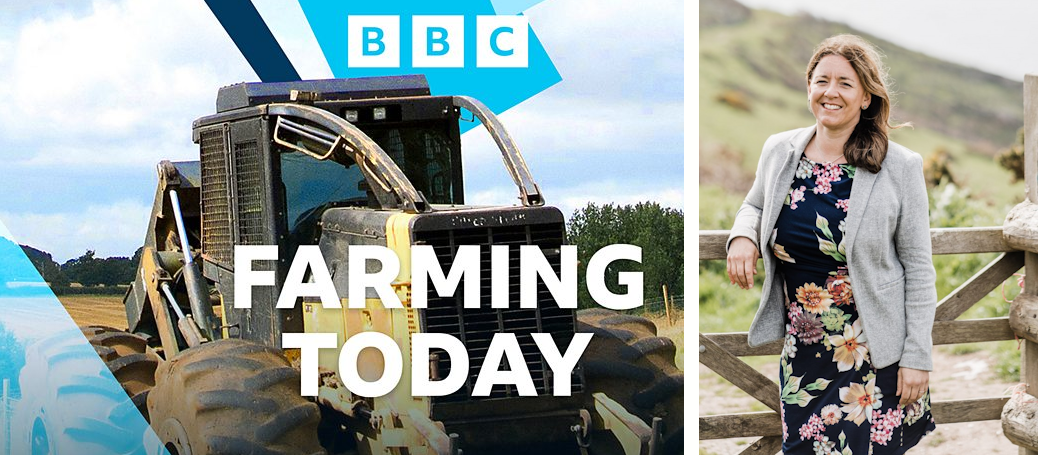T: 01822 851370 E: [email protected]
RSN Chief Executive on BBC Radio 4 talking about rural services
Chief Executive of the Rural Services Network Kerry Booth featured on Farming Today on Monday 31st July talking about rural services.
Here’s the discussion she had with presenter Charlotte Smith
In England 13 rural organisations have come together to form the Rural Coalition, calling for a rural strategy, fairer funding and investment in infrastructure. So that people in the countryside are not, as they put it, unfairly disadvantaged. Kerry Booth is Chief Executive of the Rural Services Network, one of the coalition members.
At the moment, rural services are facing a crisis point, they've been underfunded for a number of years by government. And yet we have an ageing population in rural areas, which places additional demands on our services.
How different though, is that to the situation in an urban area?
In addition to being underfunded, it costs more for councils to provide those services, for example, if we just think about something as simple as the bin collection, collecting that from a terraced row of properties, takes not very long at all. But if you were to collect the refuse and recycling from rural properties, which might have three or four houses every five or six miles, for example and that costs more in resources. In addition, for services like social care, we often have less competitive markets available and their provision can be more expensive to deliver those services.
I suppose that's a similar situation, then for shops and pubs, which in some cases have closed because it's just not economic, the same arguments used for some bus services, actually. So what actually can anyone do to make it pay?
We're looking for leadership from the political parties to develop a comprehensive rural strategy. We want them to invest in infrastructure fit for the future, and do things like create the conditions for a prosperous rural economy. We've seen research come out recently from the government looking at things like mental health support, we know that public transport is a big issue in rural communities, urban councils actually budget to spend 3.5 times that of rural councils on public transport, simply because they've got more money in the first place. But public transport isn't just a way of getting from A to B, it's a way for rural communities to access health care, it might be to access employment, to get themselves out of unemployment, it might be for social reasons for elderly people to visit their friends.
Those kinds of things can reduce social isolation, it can reduce actually the amount that the government needs to spend in other services, because we can prevent some of those situations occurring, where people are struggling with their mental health where people aren't accessing services, where people can't access employment.
So actually investing in things like public transport can help to solve some of those other challenges that rural communities may be facing.
But it does take that initial investment, doesn't it into the public transport. And that's difficult, particularly at the moment.
It is and because there isn't the competitive market, there isn't necessarily the volumes there in rural communities in the same way that there are in urban, but yes, it is more difficult in rural areas and there needs to be some investment, we need to make sure that those rural communities are not left behind.
The Rural Coalition launched ' A Better Future for Rural England, an opportunity to change' in July, and it's aimed at political parties, with key policy principles they should follow, to ensure that rural communities can contribute fully to the nations future.
Rural Coalition urges Government not to ignore England's 9.7 million voters




